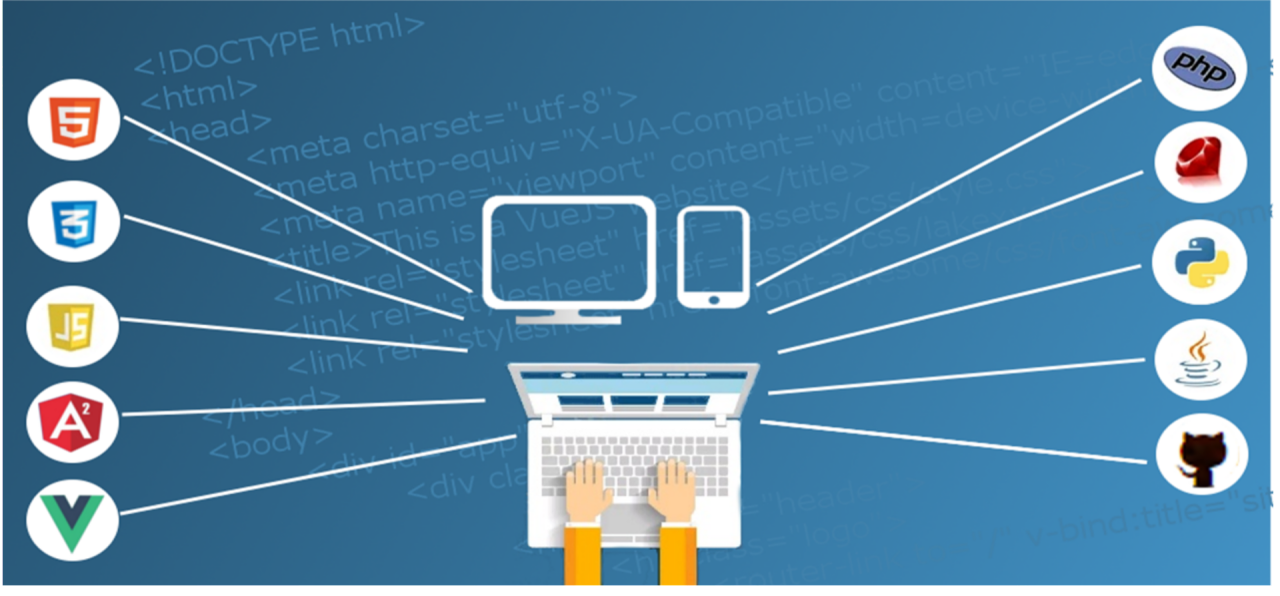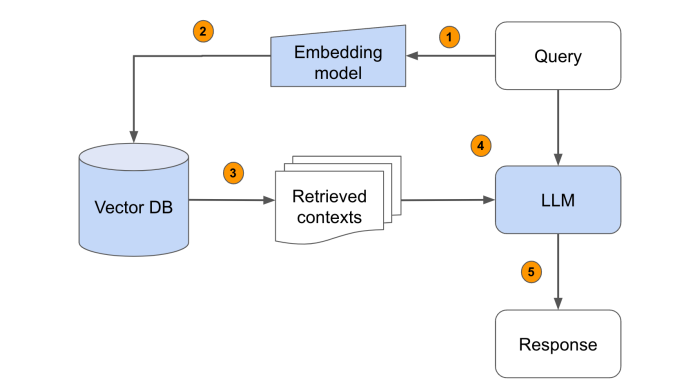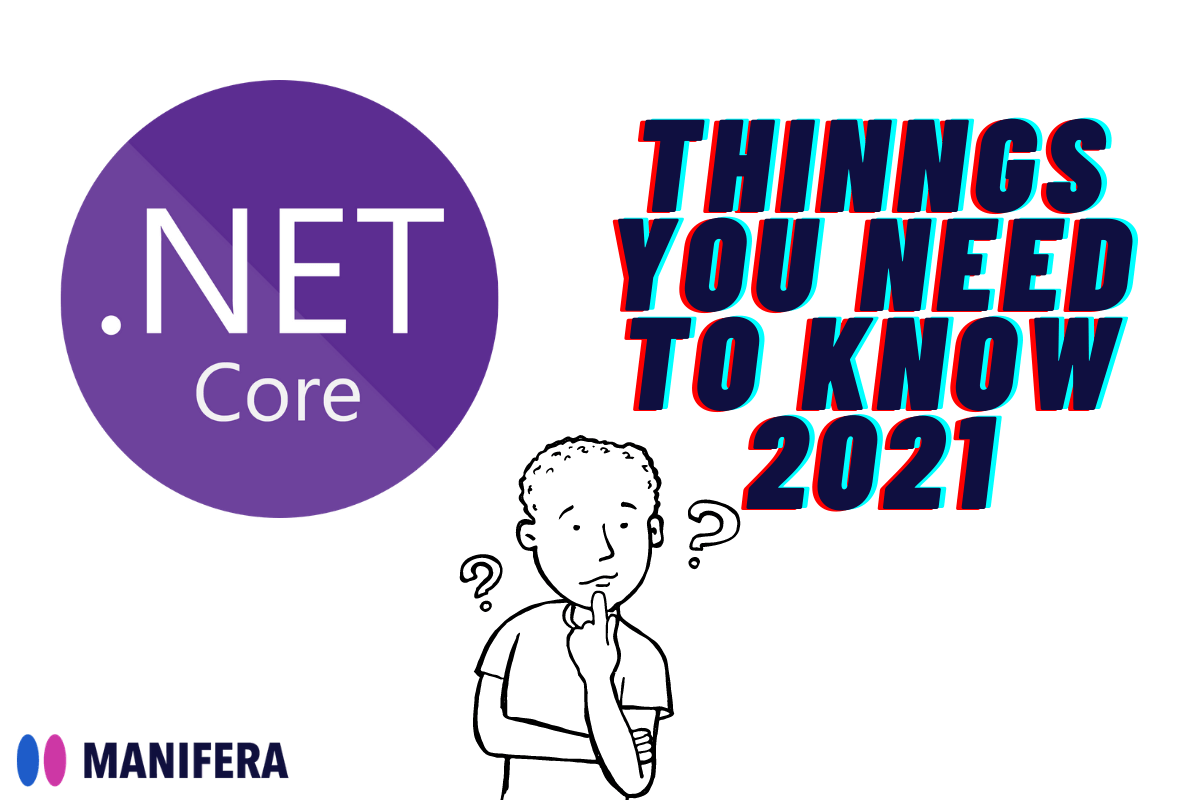
In the analysis of large chunks of data, new emerging trends seem to be taking over. Big Data and Big Data analytics are becoming commonplace in the process of data analysis as they help to propel the rapid analysis of large datasets in quick time by creating and employing complicated algorithms. These algorithms are applied in predictive modeling and are able to draw near-accurate conclusions based on the models. In some quarters, big data is seen to be the coalition of data that puts into question the capability of conventional processes involved in managing and quantifying data. Big Data also pushes to the power of the mind to extreme heights.
For instance, while many people seem to think of the size of big data in a few terabytes, it isn’t. Asides from being a massive coalition of data, it is also possible to store big data in a local network attached storage or storage area network by making use of a lot of disk space. In reality, the size of Big Data can be thought of in petabytes, and it needs an intricate system of tools to be effectively managed. Regarding process, Big Data is the aggregation of all processes and stacks employed by a business to retrieve, store and analyze the different kinds of data it handles. Keeping in mind the complex nature of manipulating big data, it is imperative to deeply scrutinize the rationale behind the acceptance of big data globally and the limitations that accompany this seemingly better way of storing and analyzing data.
A lot of talks and speculations about the future of parallel and distributed systems continue to fill the data analytics circle. None is more prevalent then the talk of big-data analytics. Presently, the storage for the majority of applications running on distributed systems exceeds exabytes and only continues to increase in size as the years have gone by. Asides their massive size, these data and the applications they are closely related to, present data scientists with a huge problem to tackle. In the real sense, data is usually spread out evenly within an application, and its size and security require unique methods of distribution. Data is typically resident on platforms with a vast array of computational and network capacities. Aspects of the application taken into consideration include security, fault-tolerance, and network capabilities. Presently, applications, processes, and data models that have the capability of operating at optimal scale are a challenge. Features of many hardware platforms and the software technologies significantly affect the field of data analytics.
The major challenge associated with significant data does not lie in the storage of large chunks of data but the process of understanding the unstructured data and converting it into useful information. In an ideal working environment, Big data is capable of delivering crucial forecasts to guide the process of making decisions. Conceptual frameworks have been put forward to classify big data in a bid to describe data, correlate the data systems to organize the available data better and come up with architectural designs to help frame a group of procedures. Big data goes just beyond the efficient management of data. It extends into the area of governance and analytics. Firms today generate a large amount of data due to the influx of new technology and systems that make it possible for them to retrieve massive amounts of information logs, datasets, trackers, sensor information and a lot more. The advent and growth of social media have helped fuel the rise and prominence of big data in most firms as it deals with a lot of data consumption and storage. To make this possible, businesses employ massive infrastructure to meet up with the intensive data requirements. Linear scalability, fault tolerance, and distributed systems are just some of the requirements to be fulfilled in the useful employment of big data.
Suggested Posts
How useful was this post?
Share it with your friends
Get our latest articles here!
Do you have any questions?
Help us improve the content of this Insightful blog by asking us questions. Manifera's team of experts will help you answer these questions as soon as possible.












